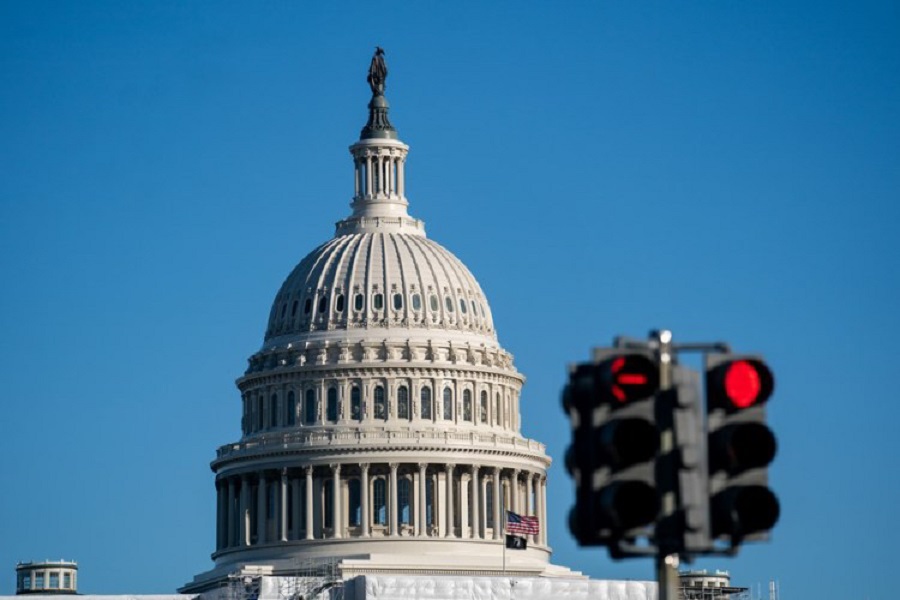
After imposing steep additional tariffs on Chinese exports such as electric vehicles and solar panels, the United States is instigating a broader trade war against China.
Highlighting the potential threat from what she labels as China's excess industrial capacity, US Treasury Secretary Janet Yellen underscored the Joe Biden administration is seeking to get Europe to gang up with the US to act in a "strategic and united way" to build "a wall of opposition" against so-called unfair Chinese practices.
The US policy circle clearly loves the notion of walls, something they can hunker the US behind to avoid the spillback from their actions and use to fool the US public by giving seeming substance to their fanciful claim that the country is a castle besieged.
READ MORE: Tariffs on electric cars and batteries criticized
The wall of opposition they are trying to erect is not one that is intended for united efforts for common benefits, even limited to supposed allies. It is a wall of fragmentation from which the US is intended to be the sole beneficiary, and the US' European allies are merely useful labor for the construction work.
The wall once built will not only further disrupt the global industry and supply chains, but also dampen hopes for rescuing and resetting economic globalization.
Yet the Biden administration's recent wolf-crying over alleged Chinese overcapacity has clearly wormed its way into the changing-world anxieties of the developed countries, as the G7 members led by the US expressed shared "concerns about China's comprehensive use of nonmarket policies and practices that undermines our workers, industries, and economic resilience".
The overcapacity rhetoric has gained such currency in Europe lately that Beijing must make even greater efforts to get across its counterargument that Chinese industrial capacity in green industries is a natural outcome of market competition that is beyond reproach.
That the US has, it seems, scared its allies into swallowing its bait will backfire against their own economies, and further hinder their green transition. The other G7 countries should be wary of falling in line behind the US to put up trade barriers to "neutralize" China's green export growth.
ALSO READ: Protectionism will drive green transition to dead end
But just as the French and German finance ministers pointed out, a trade war, not to mention such an extensive one as Washington envisions, is a formula for lose-lose outcomes.
Christian Lindner, the German finance minister, said, "trade wars are all about losing, you can't win them."
Accusations regarding Chinese trading practices must be examined objectively and very carefully, he said, and if joint actions are to be taken, they must have World Trade Organization support.
But if the accusations are indeed examined carefully, they will be seen for what they are — another strand in the net the US is trying to weave to contain China's development.


